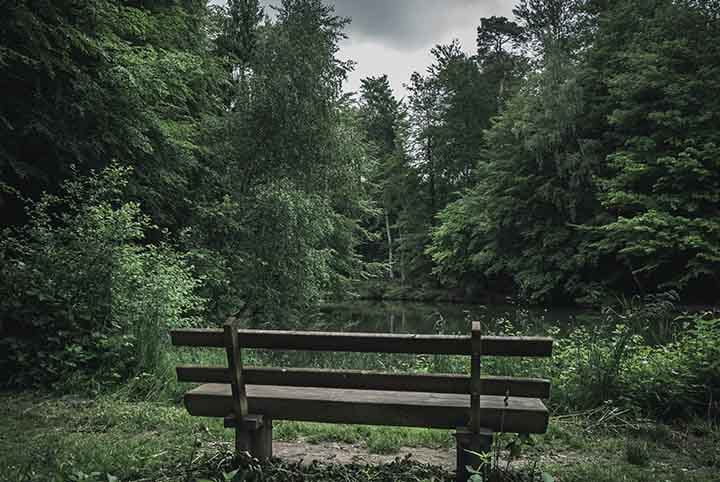Imagine a family planting a vine in their yard. They lovingly care for it: weeding the soil, erecting a fence, watering daily, until the tree grows into a creeper, shading the yard, and bearing sweet fruit. It brought hope and joy. But when the fence fell, everything changed. Wild animals moved in, breaking branches, eating the fruit, until the tree withered and nearly died. Now, what was once a beautiful sight, was left a stifling eyesore.
Psalm 80 is the cry of a wounded soul. The psalmist does not hide his disappointment but brings it before God. This is the stage of faith crisis that marks spiritual maturity, daring to challenge because the relationship with God is so real. Indeed, the human inner journey often goes through darkness to find a new, more mature form. In this Psalm, that process is evident: Israel learns that the restoration of faith is not the result of one's own strength, but the fruit of God's hand. When they plead, "O LORD, God of Hosts, restore us, make your face shine, and we shall be saved" (v. 20), what is revealed is not simply a longing for security, but a longing for the presence of God himself.
This psalm finally speaks to those of us who live in an age of fatigue and fading hope. We too often feel our protection crumbling, whether in relationships, in trust in institutions, or in the life of faith. But today, the psalmist reminds us that faith restoration does not come from human effort alone, but from a willingness to open ourselves to God's returning light.
Remember that true faith is not a faith without wounds, but a faith that finds meaning in the midst of wounds; not a faith that refuses to be destroyed, but a faith that in the midst of destruction is still able to say, "Lord, come back, and restore us." Therefore, let us affirm our call to repent together, admit our fragility, and build a solidarity of faith that does not give in to the darkness, but waits for the light of God's face that renews everything.

























